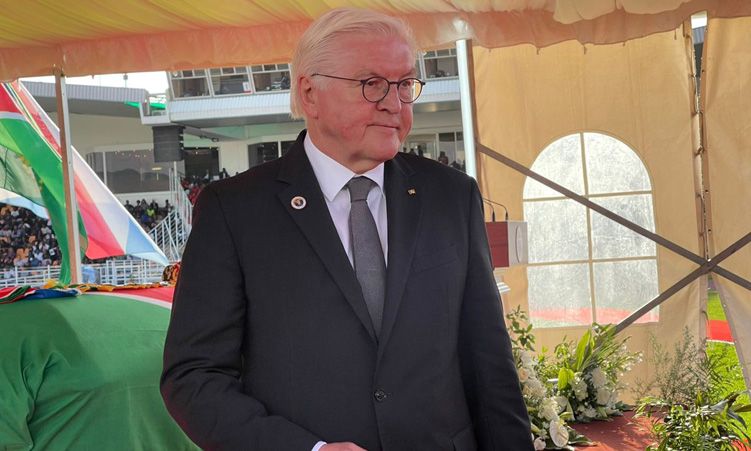LONDON – As many as 200 million children across the world fail to reach their full potential because their early brain development is held back by poverty, disease and malnutrition, global health experts said yesterday.
Announcing backing for several projects aimed at ‘saving brains’ as well as lives in poorer countries, they said global health and development efforts should focus not only on keeping children alive, but on improving their first 1 000 days.The projects include plans to encourage so-called ‘kangaroo mother care’, where low-weight newborns are held skin to skin rather than put into incubators, and ways of combating maternal depression to boost interaction between mothers and babies.’There’s a huge waste of brain power. It’s like taking 200 million brains around the world and throwing them into 200 million waste bins,’ said Peter Singer, chief executive of Grand Challenges Canada (GCC), a non-profit group that funds health and development innovation in developing countries.’Wasting brain power is a great way to make sure poor countries remain poor – that’s why reversing it is so important.’Singer’s group, funded by the Canadian government, is putting 11.8 million Canadian dollars ($12 million) into 11 projects in developing countries from Thailand to Pakistan to Bangladesh to Colombia aimed at helping children flourish and pull themselves and their countries out of poverty.’Imagine harnessing all that potential,’ Singer said in a telephone interview. ‘It’s critical because brain development equals child development equals development of countries.’In Bangladesh, expectant mothers and babies who were given vitamin A supplements to reduce infant deaths will be tracked to see the impact on cognitive development in older children. Experts think vitamin A may be key to brain and central nervous system development and function.A separate project in Colombia will assess whether skin-to-skin ‘kangaroo mother care’, which provides nutrition, warmth and bonding for newborns, may be better than incubator care for babies’ brain development.With malaria infecting up to 300 million children in high-risk countries each year, another project will look at whether using a suppository form of the anti-malarial drug artesunate during the sometimes hours-long trip to get a child to hospital may minimise any brain injury caused when the disease attacks the brain and central nervous system.’These ideas are proven in the short term, but now … it is important to understand how these innovations can impact children as they become adults, to see the real potential for improving lives,’ said Karlee Silver, GCC’s expert on women’s and children’s health. – Nampa-Reuters
Stay informed with The Namibian – your source for credible journalism. Get in-depth reporting and opinions for
only N$85 a month. Invest in journalism, invest in democracy –
Subscribe Now!







